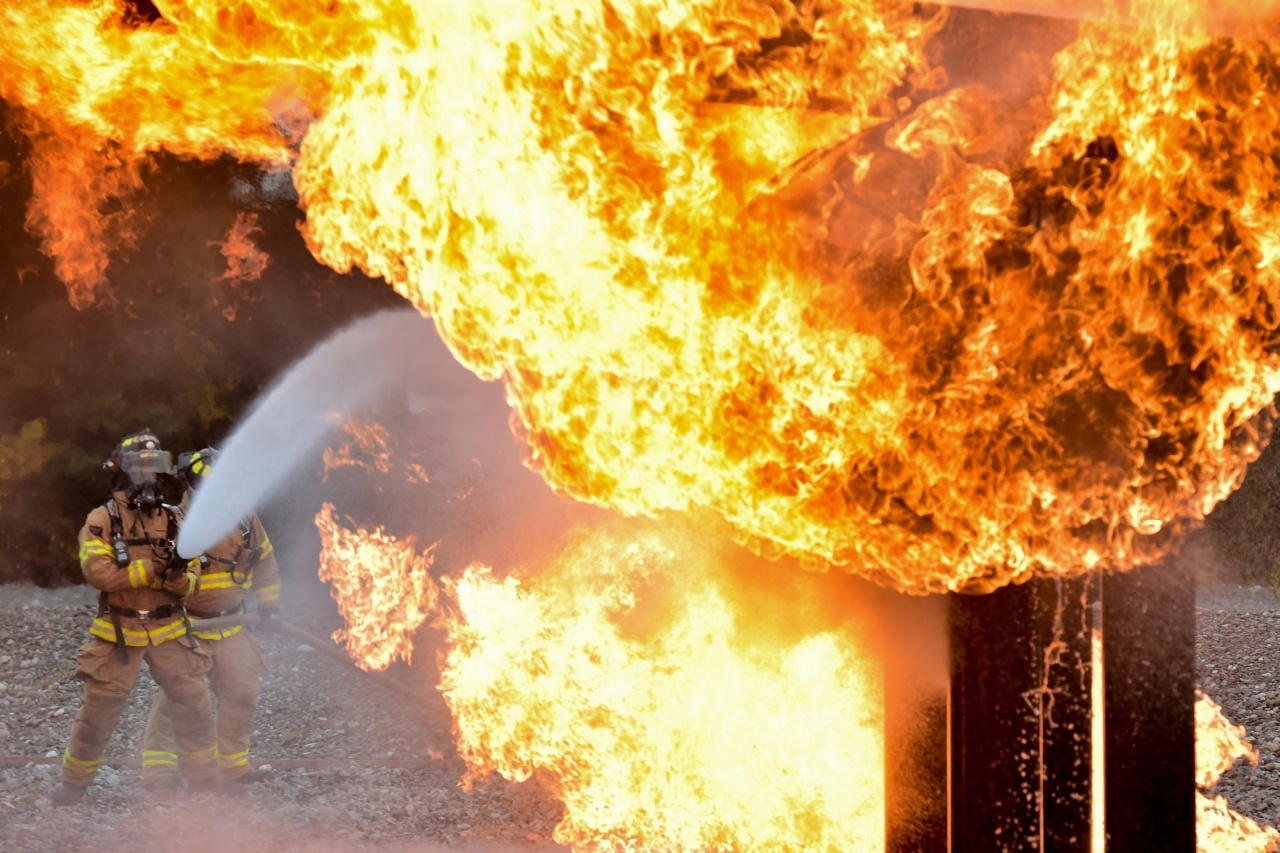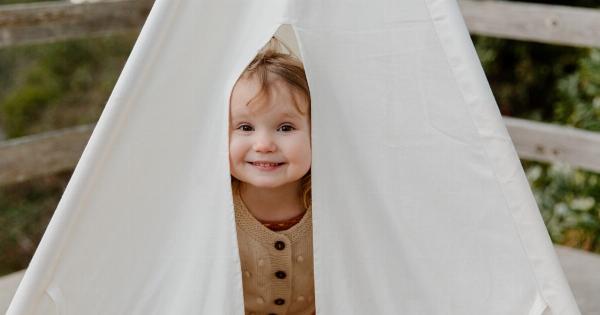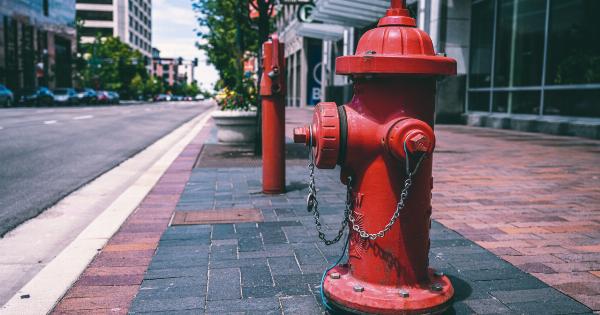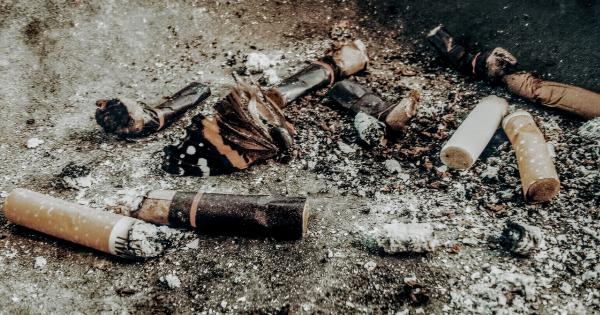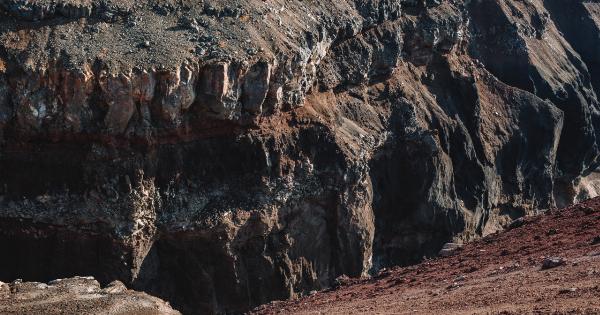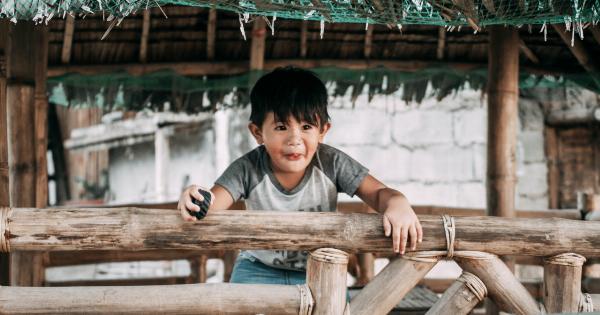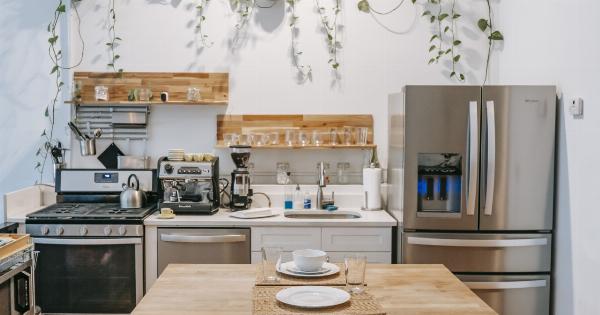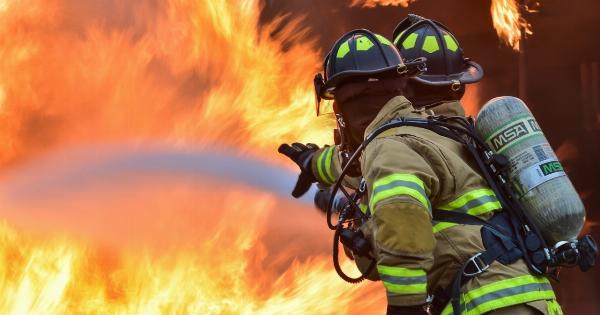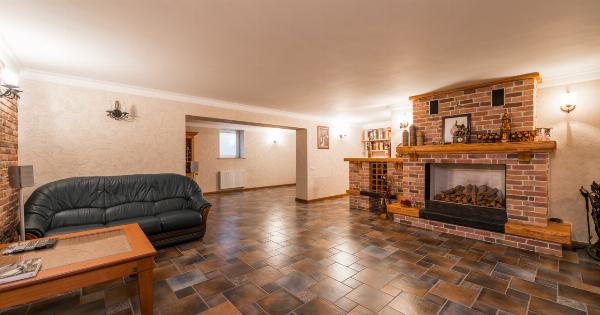Accidental burns are common household injuries that can cause immense pain and discomfort. Whether it’s a scald from hot liquids or a contact burn from touching a hot object, burns can range from mild to severe.
In order to protect yourself and your loved ones from burns, it’s important to be aware of potential burn hazards and know what to avoid. This article will provide you with essential burn safety tips to prevent accidents and ensure a safe environment for all.
1. Scalds from Hot Liquids
Hot liquids like boiling water, coffee, tea, or even soup can cause severe scalds if not handled carefully. To avoid scalds:.
– Always use oven mitts or potholders when handling hot liquids or objects. – Keep hot liquids away from the edge of tables or counters to prevent accidental spills. – Avoid carrying hot liquids when you’re in a hurry or feeling unsteady.2. Contact Burns from Hot Surfaces
Hot surfaces such as stovetops, irons, or curling irons can cause contact burns. Follow these tips to prevent contact burns:.
– Use caution when cooking and use appropriate utensils to handle hot pots and pans. – Keep hot appliances out of reach of children, and always unplug and store them safely after use. – Install stove guards or oven locks to prevent accidental contact with hot surfaces.3. Flames and Fire Hazards
Fire hazards can cause not only burns but also life-threatening situations. Protect yourself by:.
– Keeping flammable materials away from open flames, stovetops, or heaters. – Having smoke detectors installed and regularly checking their batteries. – Planning and practicing fire escape routes with your family or roommates.4. Electrical Burns
Electrical burns can occur when there is contact with exposed wires or faulty electrical equipment. Take these precautions:.
– Unplug appliances by pulling the plug, not the cord. – Avoid using electrical cords that are frayed or damaged. – Keep all electrical appliances away from water sources to reduce the risk of electrocution.
5. Sunburns
While sunburns are different from thermal burns, they are still a form of skin damage caused by harmful ultraviolet (UV) radiation. Protect yourself from sunburns by:.
– Applying sunscreen with a high SPF, even on cloudy days. – Wearing protective clothing, such as wide-brimmed hats and long-sleeved shirts, when spending time outdoors. – Seeking shade during peak sun hours, generally between 10 am and 4 pm.6. Chemical Burns
Chemical burns can occur when strong acids, alkalis, or other corrosive substances come into contact with the skin. To prevent chemical burns:.
– Handle and store chemicals according to the manufacturer’s instructions. – Use gloves, goggles, and other appropriate protective gear when working with hazardous substances. – In case of accidental chemical contact, immediately rinse the affected area with water and seek medical assistance.7. Scalding Water
Hot water can cause severe burns, especially in young children and older adults with reduced sensitivity to heat. Follow these safety measures:.
– Check the water temperature before bathing or showering. Aim for a comfortable warmth, not scalding hot. – Adjust the water heater thermostat to a maximum of 120°F (49°C) to avoid excessively hot water at the tap. – Always supervise young children during bath time, ensuring they do not have access to hot water taps.8. Fireworks
Fireworks are a common cause of burns, particularly during festive seasons. Take these precautions to avoid firework-related injuries:.
– Never allow children to handle fireworks and always attend public displays conducted by professionals. – Read and follow the instructions provided before lighting fireworks. – Keep a bucket of water or a hose nearby for emergencies.9. Burns from Cooking Oil
Cooking oil burns can happen due to hot oil splattering or spilling. Stay safe while cooking by:.
– Use caution when heating oil and always keep an eye on it to prevent overheating. – Slowly lower food into hot oil to avoid splattering. – If a small fire occurs while cooking with oil, cover the pan with a lid or use a fire extinguisher specifically designed for oil fires.10. Steam Burns
Steam burns can occur when hot steam comes into contact with the skin. Take these safety measures to avoid steam burns:.
